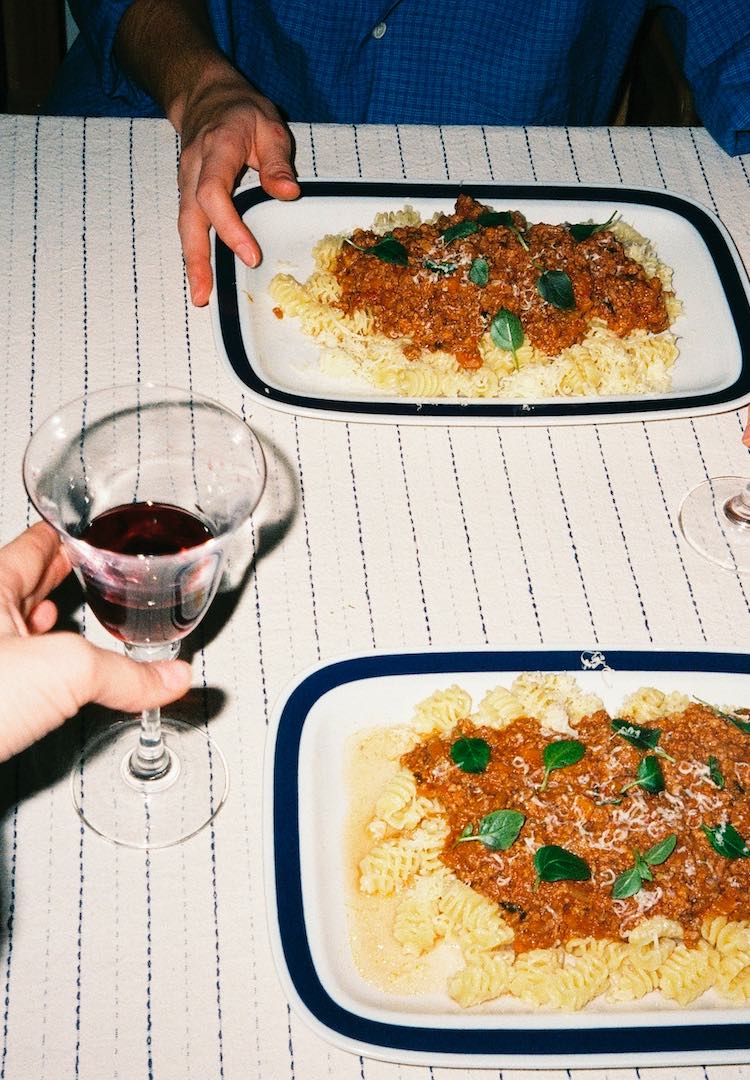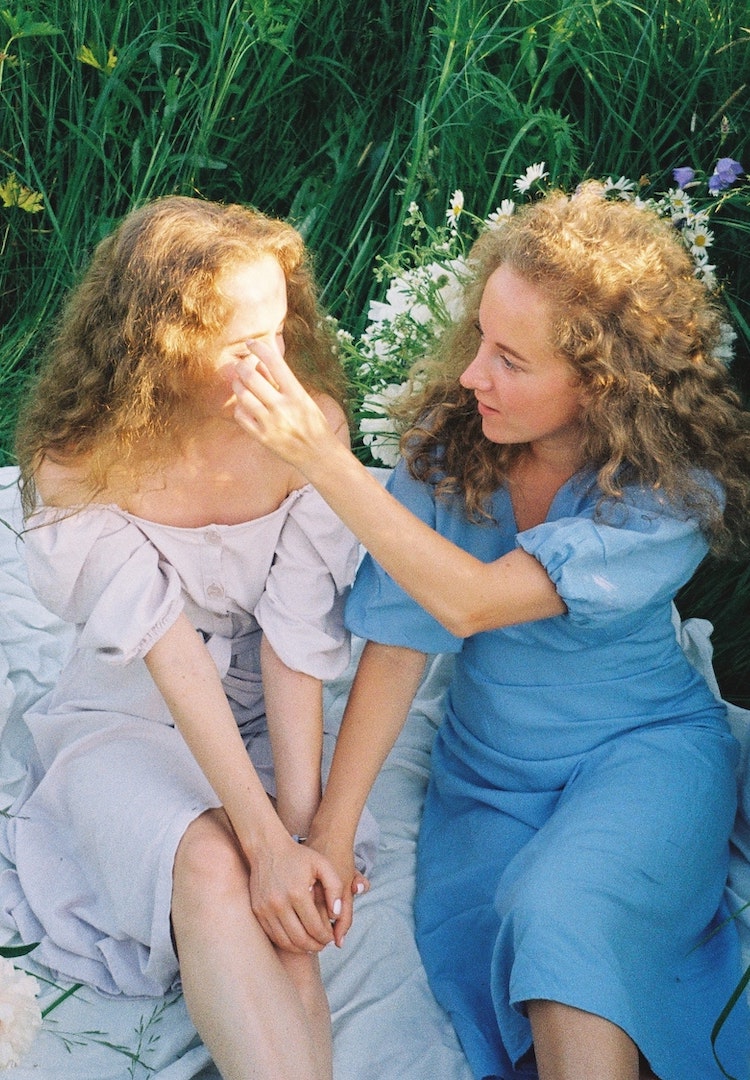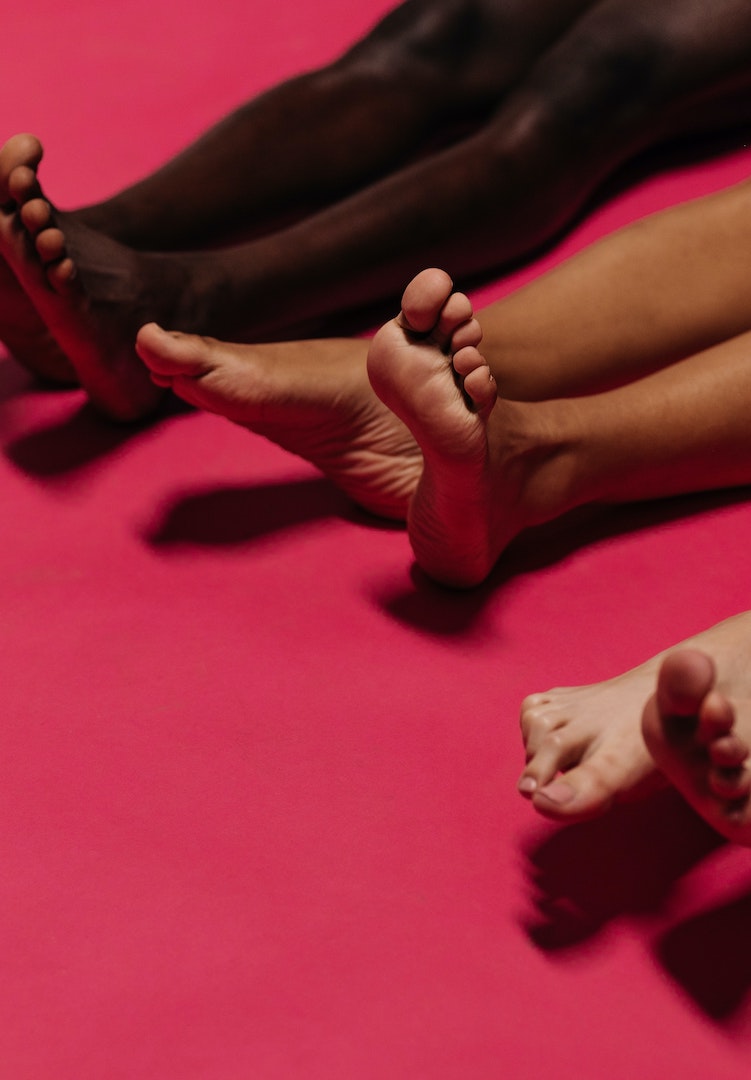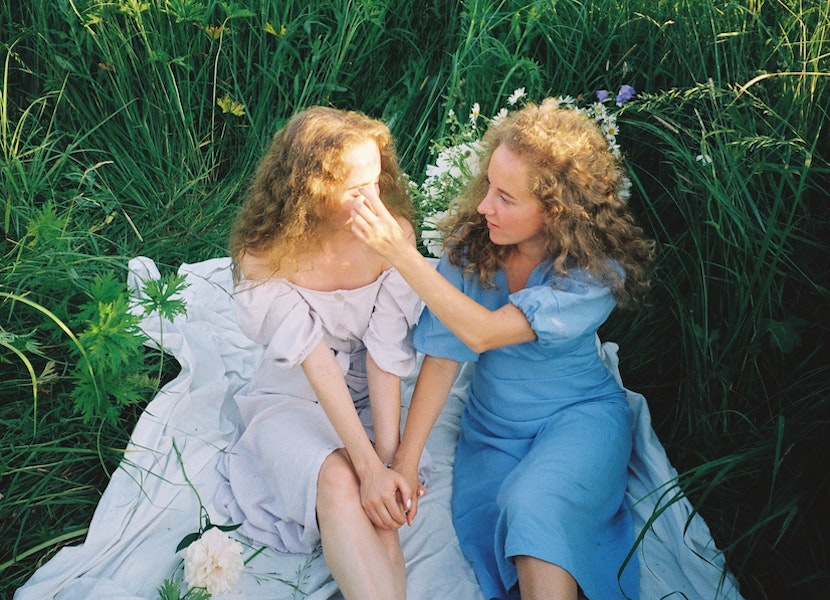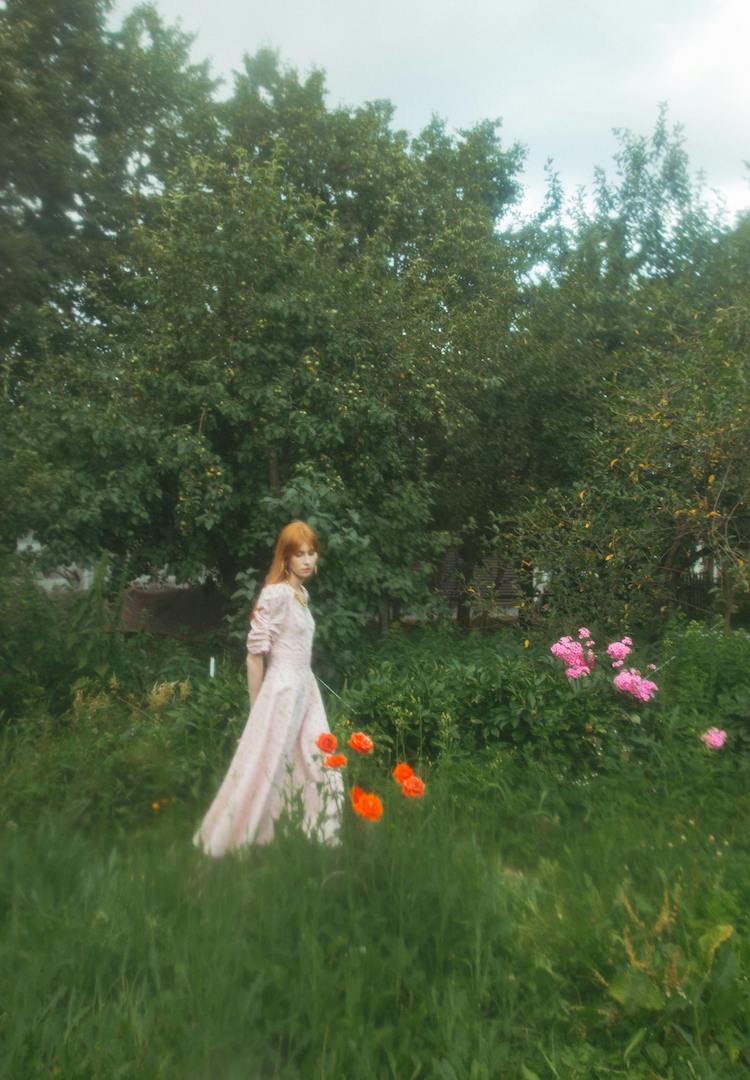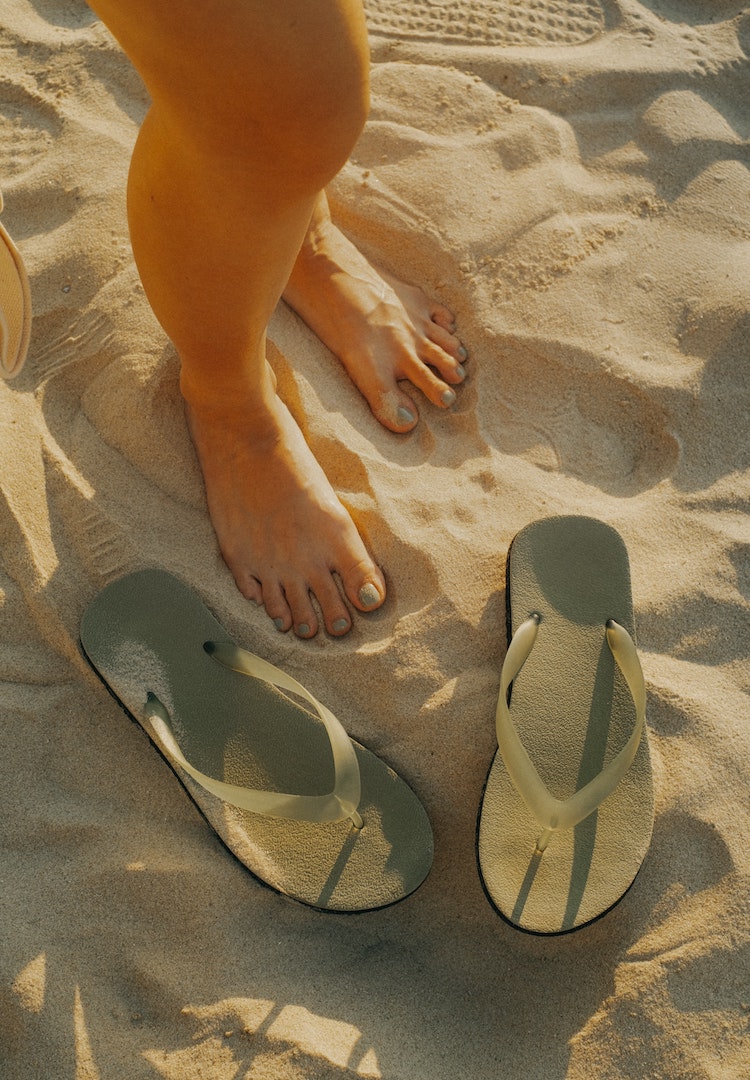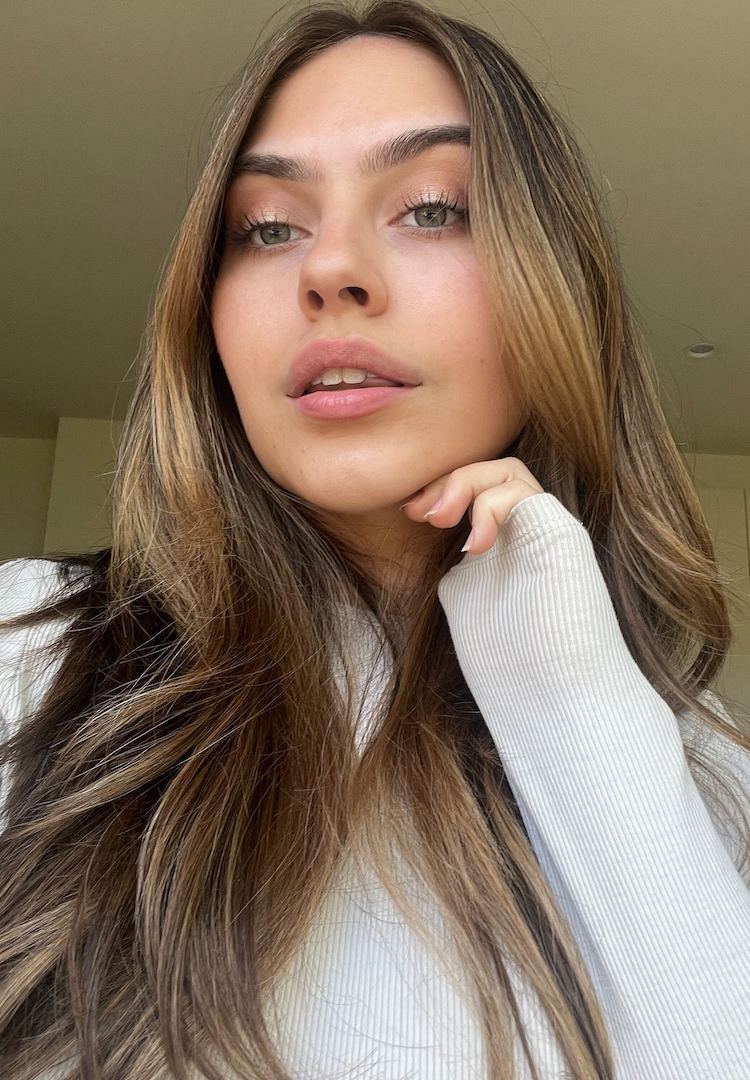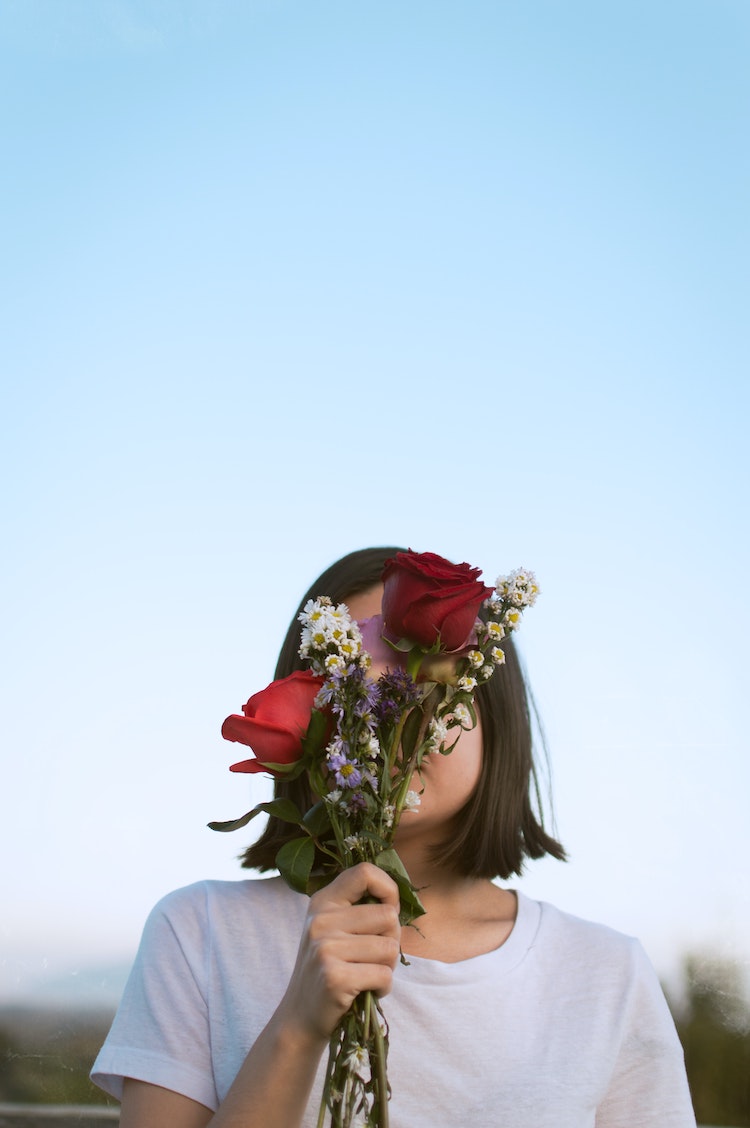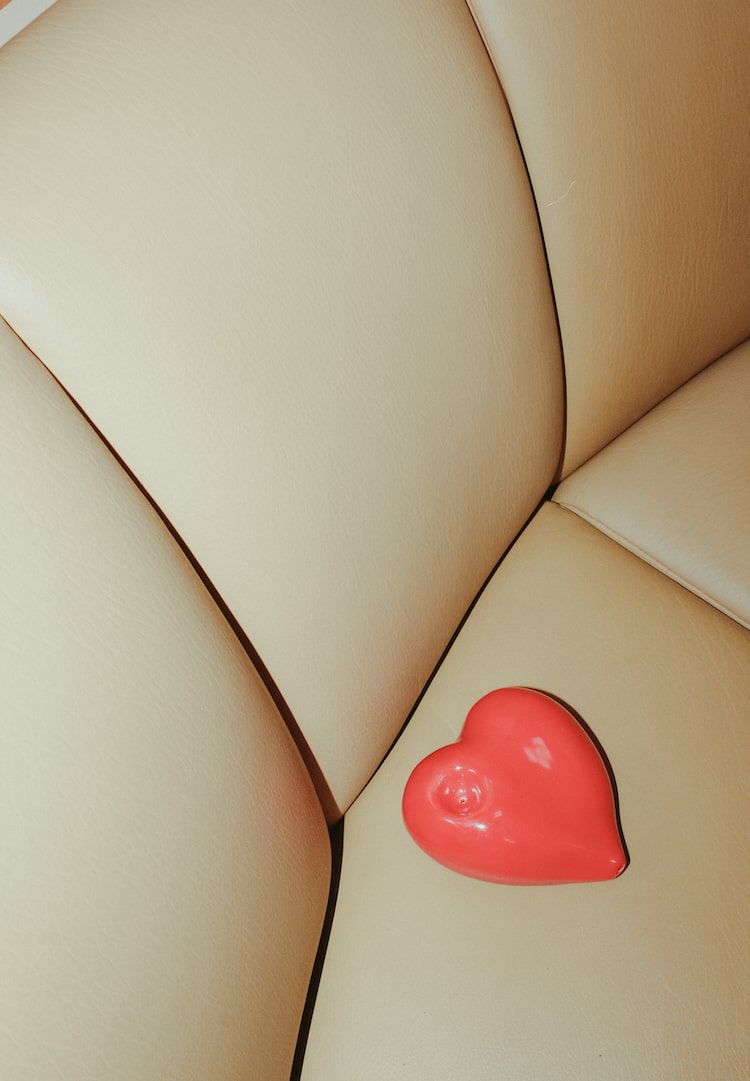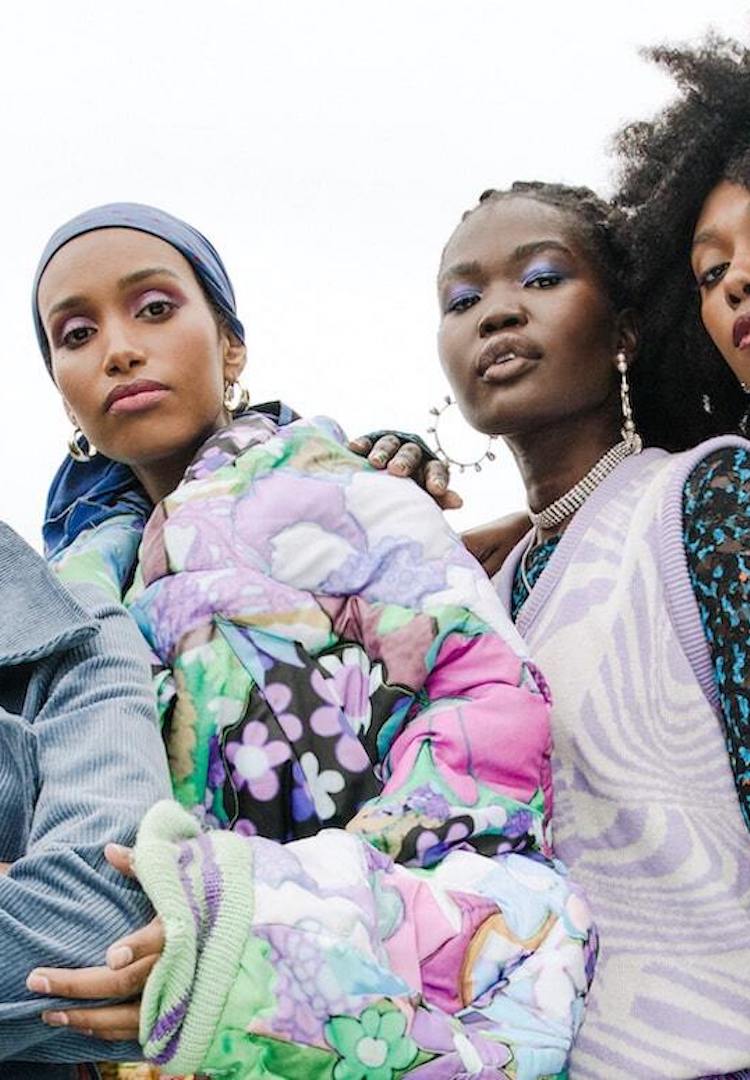What being a twin has taught me about comparison and jealousy
Words by Emma Roberts
“To other people, one of us had to be prettier, smarter or nicer. Our dynamic couldn’t exist without the hierarchy.”
When my mum and dad brought me home from the hospital, they had to leave my twin sister behind. She was born significantly smaller than me and had a lot of growing to do; the longstanding joke is that I stole all of her food in the womb. Much to my poor first-time parents’ dismay, my screaming only quietened when they placed us next to each other in her hospital crib during our daily visits.
Having shared a womb for nine months, the comfort of having someone by my side at all times was a little too easy to get used to. It set the tone for the rest of my life. People still consider us a two-for-one deal; we’re ‘the twins’ to our friends and one of us is rarely thought of without the other. It’s funny looking back at photos and realising you’ve never experienced anything alone. Every milestone and birthday cake has been shared with another person.
Looking for more thought-provoking reads? Try our Life section.
Growing up, I never had to think about creating an identity that was entirely my own and being a twin has honestly always felt like the most interesting part about me. But at age 22, my sister and I are the furthest apart we have ever been. Living in different states has taken away the convenience of our relationship and for the first time, our life stories don’t involve each other.
The ease of popping my head into her room to chat or to put together an outfit is no longer an option. It feels like I’ve lost the other half to one of those heart-shaped, best friend necklaces you have when you’re little, only it’s personified. Confusingly, I also feel like I know myself better than ever before. Existing outside our duality means I’ve let go of introducing myself after prefacing that I’m a twin.
The people I’ve met recently have never seen me within the twin dynamic and only know me for who I am. It’s unchartered terrain for me. I’ve grown comfortable hiding behind people’s fascination with me being a double. Am I interesting enough by myself when I’ve been used to someone else’s supplementation for so long?
Growing pains
Adolescence isn’t easy for anyone. But figuring out who you are when you view yourself as a collective entity makes it even harder. Cue the impending identity crisis (particularly when your other half is the highest achiever you know). Our childhood was lived in parallel – we played the same sports, had the same friends and both loved school. For Christmas one year, my sister asked for a microscope and I asked for a sewing kit. I had no interest in looking at the cells under the glass slides.
It was the first time she said she wanted to be a doctor and it was also the first time I didn’t feel smart enough. If I was, wouldn’t that mean I wanted to be a doctor too? Comparison can spark healthy competition but it can also be painful and confusing. I’m embarrassed to admit that for a lot of my teenage years, every academic award she received felt like a sucker punch to my stomach. Her achievements made me feel inferior and I felt guilty that I couldn’t be happy for her.
It was made worse when people pointed out that she seemed to be better than me at everything she tried. I remember crying to my mum and asking why I couldn’t just be better at something. My twin was even born with blonde hair, which I longed for. The jealousy was so intense that I felt like I was destined to become the evil twin; there was nothing else I could imagine being good at.
But I realise now it was never really about being better than her. I’ve never been much of a competitive person anyway. It was more about escaping the parameters of how people viewed us. To other people, one of us had to be prettier, smarter or nicer. Our dynamic couldn’t exist without the hierarchy.
I know she dealt with her own feelings of insecurity during this time which surprised me when I found out. I was so deep in my own feelings of inadequacy that I couldn’t fathom she would ever be feeling the same way, particularly when I had placed her on a pedestal for so long.
Navigating these teenage anxieties almost made me lose sight of how special being a twin is. No, we don’t have twin telepathy and I can’t feel her pain when she stubs her toe but having a ready-made best friend who’s been through all of the same ups and downs makes our connection feel particularly singular.
It’s also taught me that no matter how similar our experiences are, we’re unique in our own way. Yes, we share a lot of the same interests, but we approach much of life completely differently. She will never procrastinate to the last minute like I do and I will always marvel at her ability to put her mind to something until she achieves it. I’ve learnt a lot about loyalty and how working to build close relationships with people and being open to sharing life with them means that happiness is doubled and sadness is halved.
I look back on the way I used to compare us and wonder why it felt like such a big deal at the time. I can see now that my not wanting to be a doctor didn’t mean I wasn’t smart. I was so fearful of being the lesser twin that I didn’t realise there was space for both of us to succeed. No one wanted to be my friend any less because my grades weren’t as high as hers or because I wasn’t as fast of a runner and my parents loved and cheered us on equally.
Celebrating the success of others comes easily to me now because I know it doesn’t take away from my own. Realising that comparison will exist in every facet of life is weird – in a paradoxical way it’s somewhat emancipatory. It’s easier to accept that we can’t change it. People will always compare my twin and me, but it doesn’t mean anything if we refuse to let it alter our connection.
For more on being a twin, head here.

